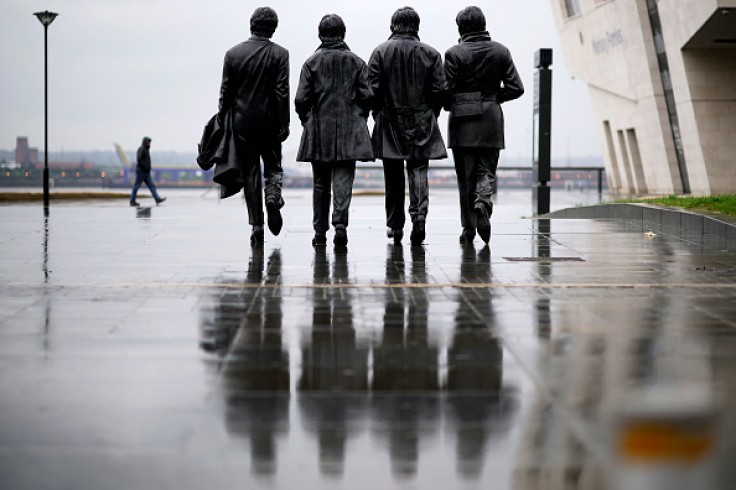
Today in music history, July 17, marks two events in Beatles history. First was the premiere of their animated film "Yellow Submarine" in 1968. Six years later, in 1974, it was reported that Lennon was told to leave the United States.
"The Beatles: Yellow Submarine" - an early animation landmark
The Beatles' music inspired the animated film. George Dunning directed it, with United Artists and King Features Syndicates producing it. It was first released on July 17, 1968, in Britain.
The film takes place in the fictional "Pepperland." It features the band members helping "Pepperland" ward off the "Blue Meanies."
A hit Beatles song accompanies significant events in the story. "Yellow Submarine," "Eleanor Rigby," and "All Together Now" are songs in the film that has become parts of music history.
Reception and legacy of the "Yellow Submarine"
"Yellow Submarine" released widespread critical acclaim upon its release. Its vivid and colorful visuals match the psychedelic culture prominent in the latter part of the 60s. However, two versions were released worldwide.
The Europe version included a "Hey Bulldog" scene. It featured the Beatle song on the third act.
In the United States, the same scene was dropped. It was replaced with a shorter sequence. The producers felt that the actual runtime of the film would bore the American audiences.
The "Yellow Submarine" is referenced in TV shows, films, and even toys. A similar scene appeared in a 1993 episode of "The Simpsons" titled "Last Exit to Springfield." In the episode, Lisa Simpson experiences a dream sequence which mimics the events of the film.
It has also been adapted into different toys. Shortly after its release, Corgi Classics Ltd. issued an official merch. It was a die-cast model of the titular submarine. The toy model was later re-issued as a limited collector's item in 1999.
The "Yellow Submarine" was also made into a die-cast miniature replica by Hot Wheels. In 2016, Lego Ideas unveiled a set with the four Beatles members. It also included Jeremy Hillary Boob together with the submarine.
RELATED: The Beatles' Movie "Yellow Submarine" to Come Out in YouTube on April 25
John Lennon faced deportation from the US
By the 70s, John Lennon was an icon of love and peace. However, it didn't stop the order of the US Board of Immigration Appeals. Lennon had 60 days, or until September 10, to leave the country or be deported.
John Lennon and Yoko Ono became targets of the Nixon administration. The couple sought help from Leon Wildes, an immigration attorney only "vaguely aware of the Beatles." What started as a simple and private custody case blew up to become one of the largest immigration cases in US History.
John Lennon's team believed that it began after the power couple marched together. John and Yoko walked with activists expressing support for Michigan-native John Sinclair. In February 1972, a letter from Senator Strom Thurmond was sent to Attorney General John Mitchell. It reportedly began the plot to kick them out of the country.
Wildes shared in an interview with Billboard that John and Yoko were targeted. Nixon feared that their influence could sway young voters away. The battle proved to be a long and winding road. Nixon was re-elected in 1972, and the couple being separated in 1973. The separation between John and Yoko went down in music history as the "Lost Weekend."
Wildes finally found a silver lining through the Freedom of Information Act. He proved that the Nixon administration was not consistent in filing their deportation cases against illegal aliens. It was met with constant denial from immigration officers. Finally, John Lennon's team received the groundbreaking news in October 1975.
Like the lasting influence of "Yellow Submarine" on animation and music history, Lennon's deportation case has become a landmark legal battle. It was reportedly the basis for President Barack Obama's executive orders. In 2012, President Obama signed the Deferred Action for Childhood Arrivals.
For other notable dates in music history for the month of July, see the following dates:
July 8, 1996: Spice Girls released "Wannabe" in UK
July 10, 1965: Rolling Stones score their first US #1 single
July 12, 1979: "Lovin' You" singer Minnie Ripperton dies at 31
July 16, 1782: Mozart premieres "Die Entführung aus dem Serail
© 2026 MusicTimes.com All rights reserved. Do not reproduce without permission.







